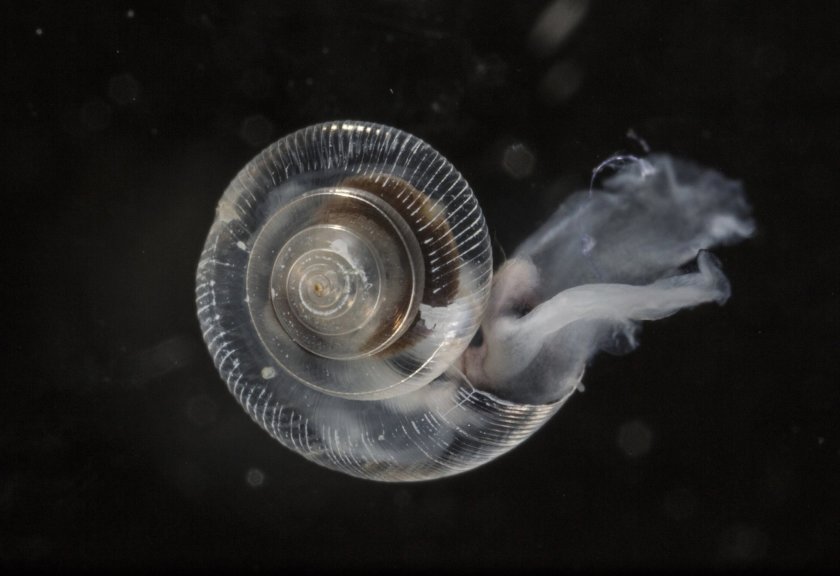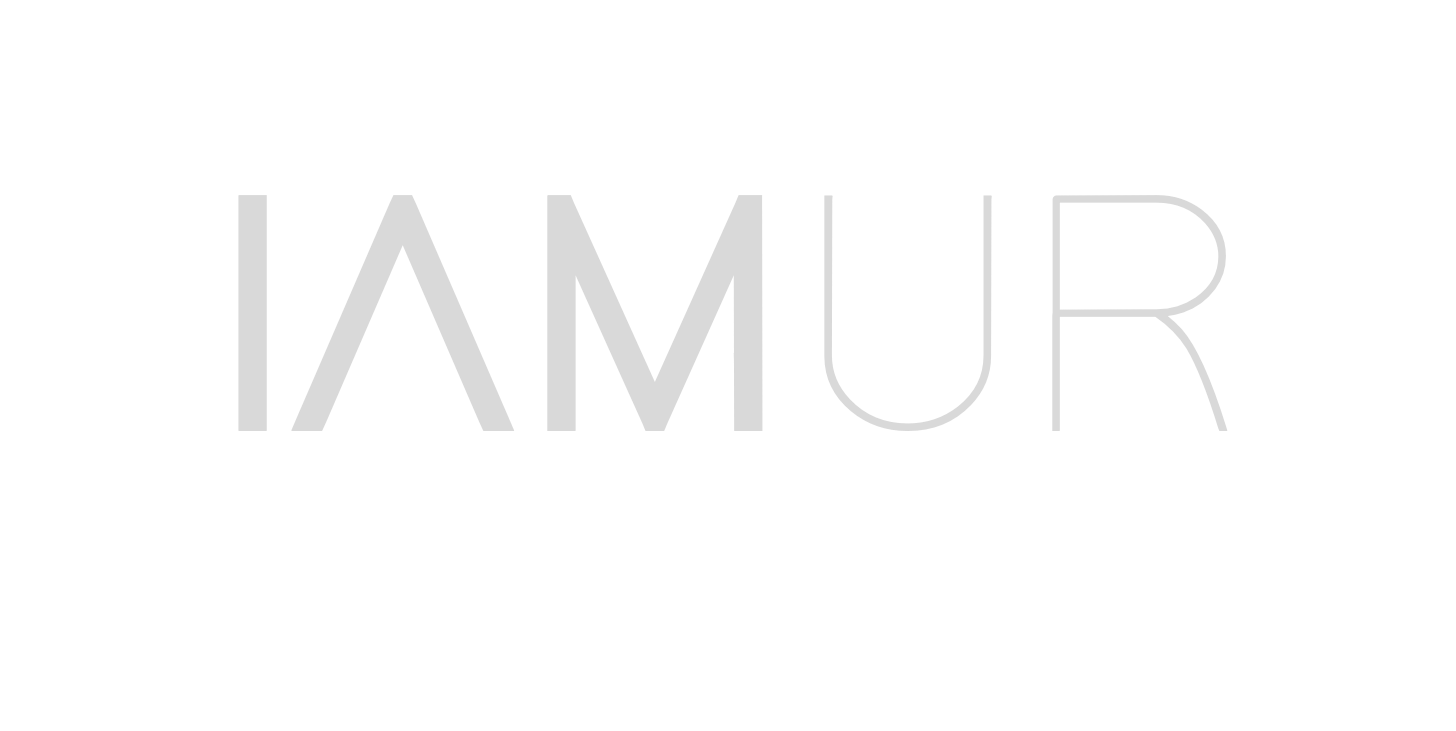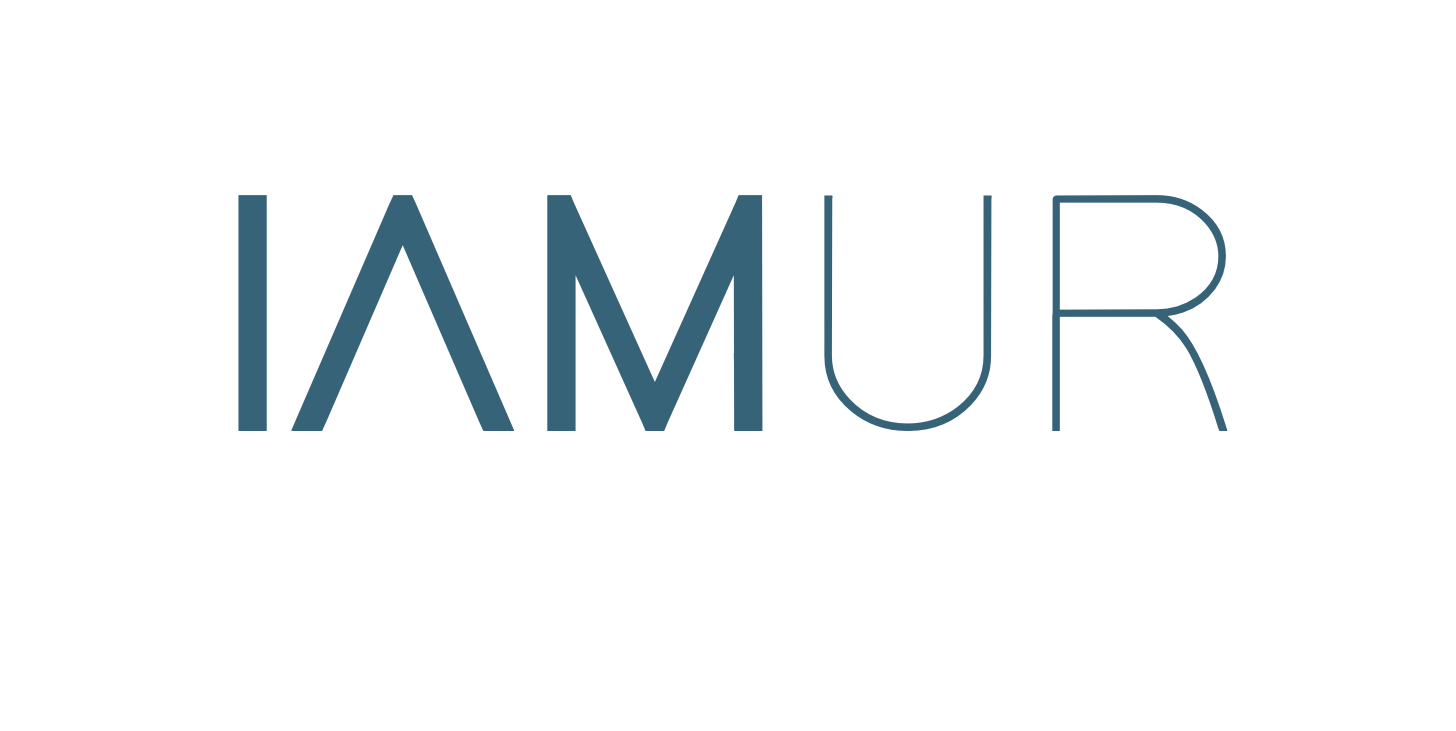Some Folk, eh!
A friend once told me that traditional music is better than it sounds, and that idea resonates with me.
– Greg Pelletier
We recently heard from David Birtles, a UK based musician with an affinity for the ocean, reminiscing coastal living on the south island of New Zealand. “Everyone has a connection with the sea” he said. Well, it certainly would seem that way having spoken with Greg Pelletier, who describes himself as an “amateur folk musician who uses the “wrong” instruments and technique to play traditional Celtic music”. Those already familiar with Greg’s music will know he’s more than your average banjoista, having successfully made waves across multiple genres, collaborating with some extraordinary musicians. His thirst for betterment and progression as a musician alone is fascinating to hear about, and we’ll get into that.
Though equally intriguing is his passion for the sea. More specifically; his research into the effect we humans have on water quality in the environment. As a scientist, Greg spends his time studying ocean acidification and the vulnerability of marine organisms, we’ll get into that later too! This revelation came quite literally the day after I’d watched ‘Breaking Boundaries’ on Netflix, and despite my comparable simplicity in the subject, I felt great appreciation and respect. Never before has there been such importance and relevance for this kind of study. Harking back to Mr Birtles, drawing our attention to one of our most precious resources and endangered marine habitats; we would be wise to give some thought to what we each can do to preserve it.

“I love how each culture has its own music that is unique, and also how the music of each culture is influenced by the music of other cultures.”
Whilst Greg undoubtedly possesses an extensive amount of knowledge around the impact of burning fossil fuels, the increase in carbon dioxide being absorbed into sea water and the devastating impact that’s having on marine life, he doesn’t consider himself an expert when it comes to music and music theory. Though, with respect I’d beg to differ. You’re wrong Greg… I dare say this would be my only valid challenge to Greg on any subject.
The First Hard Rain (Evening Comes) is a composition Greg has taken from one of his great inspirations; American born, Irish style fiddler and guitarist by the name of Randal Bays who composes tunes in the style of Irish trad and regarded as “among the best Irish style fiddlers of his generation”, according to Fiddler Magazine. Over many years, Bays has performed across the US, Europe and Canada, and is an experienced teacher of Irish fiddle, “I’ve been taking tune lessons from him for the past few years” Greg tells us…
“….it’s one of the first collabs I did during the pandemic. A group of local trad musician friends were feeling very socially and musically isolated, so we formed a virtual band and we called ourselves “The Isolationists”. Each of us would start a project by recording ourselves and then passing on an mp3 or wav file to the next person, then they would add to it, pass it to the next person, and so on, and it would grow organically like that, depending on whatever the next person decided to add. The First Hard Rain started with a banjo track I made… This kind of fiddle tune is normally played in a traditional Irish style on the fiddle. I love to push the edges of genres in new ways like this.”
The passing around of MP3’s soon led Greg to discover Bandlab as the pandemic continued, where he sought out other musicians traditional Celtic musicians; “I have found about 40 wonderful musicians from all over the world, and together we have a worldwide virtual Irish session band that we call “The Session” on BandLab where we do collaborations” he says.
Greg first became interested in music at an early age. At ten years old he was sent off to guitar lessons by his parents for a couple of years where he learned to read music and the basics of guitar playing.
“Growing up I got used to performing in public by playing guitar in church at “folk masses” every Sunday. Later in college I played folk-pop music with friends, and we sometimes played in pubs and restaurants.”

In later life, his interest in music intensified having discovered a monthly gathering in his town where the group would play traditional music of Quebec, which has strong ties with the music of Brittany, Ireland, Scotland and the Maritimes. Greg’s grandfather was a fiddler in his small village in Quebec, so he was drawn to this music, and the connection to his ancestry.
We wanted to understand more about Greg’s interest in Celtic trad music, and his experiences of having collaborated with so many other musicians during his time on Bandlab, and get to know him a little better. Here’s what we learned;
Tell us a few things you like Greg:
Long walks on the beach. Collaborating with people to make music. Breaking the rules of genres
And some things you don’t like so much:
Anyone who says you should only play the instruments that are normally associated with a particular genre.
What first got you into music? Who are your main musical influences? Do you have a particular genre that you associate with the most?
Before the pandemic I enjoyed regular gatherings with friends at our homes, local pubs, and music camps to play various genres of traditional music, or occasionally perform at folk festivals and contra dances. My main musical influence now is the mixture of Celtic and traditional music of different regions, for example Quebec, North America, Ireland, and Scotland, combined with the indigenous music such as Metis influence in Québécois music, and African influence on North American old-time music. I love how each culture has its own music that is unique, and also how the music of each culture is influenced by the music of other cultures.
That cultural diffusion and genre defiance Greg has described is illustrated in Banish Misfortune; a traditional Irish jig that started with Greg’s banjo and guitar tracks. It’s a collaboration with German artist, Sophie Leberecht Von Kotze on violin and didgeridoo, Rachel Bettney from the UK with added flute, and Tom Benz from Germany supporting with mixing. Greg describes this as “an example of playing a traditional tune in a very non-traditional way. There is probably no other version of this tune that has clawhammer banjo and didgeridoos! The didgeridoo provides a low drone, and often low drones are used in Celtic music with low notes on cello or violin, or pipes, and didgeridoo fits this kind of music beautifully.”
What is it that motivates you to create?
Social connections are the main reason I am interested in music. A friend once told me that traditional music is better than it sounds, and that idea resonates with me. There are few things more fun than playing music for a room full of people dancing together, or having 20 people in circle in your living room all playing together, or just sitting on the front porch playing tunes with a few friends. Sometimes it is more important that people are brought together by the music than how it sounds. Of course, it is always better if the music sounds great too!
You’re obviously an accomplished Banjoist – what other instruments do you play?
I’m at a fairly high level of proficiency playing banjo, guitar, and ukulele, especially with melodic clawhammer style. I’m also pretty good at using production techniques to cover up mistakes, like using a DAW to piece together the best parts of several takes or do tempo or pitch adjustments, and fairly proficient using production techniques with a DAW to process vocals in collaborations that include a lyricist/vocalist. I am more of a beginner using keyboards, and am learning how to use midi instruments.
How would you describe the music that you typically create?
For traditional music my style has a lot of melodic banging and clanging combined with various instruments, especially violin, guitar, and percussion, and sometimes piano or vocals.
For pop music my original music sounds more produced, usually with a core of arpeggiated chord progressions on acoustic guitar or piano, with various textures added by loops of electric guitar, synthesizer, and electronic drums playing simple trap beats. If I am lucky I also love to collaborate with lyricists and vocalists.
What kind of music can we expect from you next?
I am working in a creative partnership with lyricist/vocalist, Beck M. So far we have produced an album of original chill-pop music is on major platforms like Spotify. We currently producing our second album that is more like folk-pop, and already planning a couple more albums after that. I make the instrumental tracks and do the production, and Beck does the lyrics and vocals. Sometimes we also include other featured artists on various songs.
Beck and I call ourselves “Beckory” from the combination of our names “Beck” and “Gregory”. We now have an album on Spotify and other platforms, and we are already working on our next albums to be released soon!
Weightless is a project that grew from our collaborations. The original idea was to make a pop backing track with an original chord progression that expresses a certain mood. In this case the mood was to have a feeling of weightlessness, so I called the instrumental backing track “Weightless”. Beck picked up on that feeling perfectly, and she wrote lyrics for that mood, and she executed the vocals beautifully. This was one of the first projects where I worked closely with a lyricist/vocalist, and also one of my first songs in the pop genre.
What does your creative process look like?
For original songs I usually start with an idea for a chord progression. I like to use my rudimentary understanding of music theory to create moods with chord progressions. For example, I had an idea to make a mood of cautious optimism with a common I-IV-V chord progression, which in a major key would normally feel like a happy song like a million other popular songs. But to make it feel cautiously optimistic I mix the major and relative minor chords so it is I-ii-iii then vi-IV-V. Then I create loops that are usually fairly short, for example, 8, 16, or 32 bars depending on how complicated the chord progression is, and then create a track with acoustic guitar or piano playing these loops that is repeated for the length of the song. For pop music I usually audition loops or add midi instruments for other purposes like providing atmosphere or texture, or invite other musicians to add instrumental tracks and add lyrics and vocals.
For traditional music I generally play the melodies that are part of the oral or written tradition of the genre, like Québécois, Irish, or Scottish trad. My original contribution is to play the melodies with non-traditional instruments, mainly clawhammer style on 5-string banjo or guitar. Clawhammer technique is originally an African playing style that is most commonly played in North American old-time music on the 5-string banjo, but rarely played in Celtic music, though it is starting to become more accepted. While banjo is common in Celtic music, it is usually played with a plectrum on a 4-string banjo, and almost never played clawhammer- style on 5-string banjo. I like to work with artists who bring their own original creativity, such as using didgeridoos for drones in Celtic tunes, or adding lyrics to melodies that are usually not considered to be songs. Also, it is wonderful to include musicians who are playing the more accepted traditional instruments such as violin and cello in Celtic music.
The Rolling Waves is another example of traditional music performed in a very non-traditional style. This project started with my banjo and guitar track of a medley of two traditional Irish jigs, both named “The Rolling Waves”. The clawhammer style I used is rarely used in Celtic music, but it works to drive the rhythm and melody of tunes in this genre. Dutch vocalist, Rieneke wrote lyrics and executed vocals over the melody in a beautiful and totally original style. Paul Wicks, from the UK, added low whistle to complete the song.

We thank Greg for giving us such great insight into his musical adventures, and as a (half) Irish lad myself, it’s a delight to hear the sounds of my childhood… and at the same time, resurfaces the long buried trauma of having been thrown into Irish dancing as a young boy by my mother (needless to say it didn’t last as long as my teen rebellion). We also thank him for his efforts in his research, which contributes to our better understanding and awareness of our impact on our home planet. The old saying “it’s a small world” has never been so accurate; with the technologies available to us today, we communicate with people in other countries as if they live next door. We make music with others across the globe as if we’re in the same room…. yet as a global community, we have not yet managed to come up with a unified plan of action to save our planet.
Greg asked to share some images of these Pteropods, also called Sea Butterflies, which are the focal point of his studies. Global warming and ocean acidification is cause for great concern for the population of these tiny organisms, which play a critical role as a food source for fish, birds, whales and other zooplanktonic organisms.









Kathryn Grace
3 years agoWhat a fantastic read about an equally fantastic human being! Thank you, Greg, for your contributions not only to our musical community but also to our planet…spreading brilliance wherever you go. 💖
Greg
3 years agoThank you Kathryn! I think you are brilliant and fantastic too! I love doing collabs with you!!
Maria
3 years agoExcellent person. He put drums to one of my poor musical creations, though I didn’t know the tempo (I have very basic musical theory knowledge). He managed to do it, anyway, because, as he said in the interview, he knows how to work with a DAW and make tempo adjustments. My musical piece improved exponentially. I love all his music, even if I don’t know much about celtic music. He makes his music for everyone, and I apreciate that a lot.
Greg
3 years agoThanks Maria! As I recall your tempo was perfect on that project and was amazed that you could do that without a metronome! Happy to do more collabs with you!
Giulietta Zardetto arrojo
3 years agoSuperb article on an amazing undiscovered artist and the insight around his actual life and work!
Loved this!
Greg
3 years agoThanks Giulietta! I love your music so much and always look forward to your new songs! Thanks for all you do to spread your music and support other artists, and your caring for others in need is really inspiring and heart warming
Timothy Patrick Driver
3 years agoGreat interview, Greg makes tremendous music!
Greg
3 years agoThanks Tim! I appreciate your listening and reading and all of your kind words and support
G
3 years agoExcellent write up of a quality guy/musician. Very nice layout with a professional appearance.
Greg
3 years agoThanks G! Your kind words are much appreciated
Rieneke Van Laarhoven
3 years agoThis is just awesome! Greg you are awesome! I love both you and your music. 🌹🌹🌹I always check your latest songs to hear if they are forkable for me. So glad to have met through Bandlab, I am very grateful. Greetings from Rieneke from the Netherlands!
Greg
3 years agoThank you Rieneke!! I love you and your music so much. Looking forward to more collabs. One of my favorites is in this article. I’m always looking for and listening to new songs from you, and also thinking of more collabs we can do together
Michael Ahart (aka Us And The Otters)
3 years agoWonderful! Great to learn more about Greg’s background and creative process. Great music as always!
Greg
3 years agoThanks Michael! Your kind words and support, and also your musical advice are always much appreciated.
Ste McKenna (aka The Fintan Stack)
3 years agoGreat interview and comments, Greg. I love your style, your commitment and devotion to traditional music. A really good read to which I got to learn a little more about your process and background. Super!
Dave
3 years agoThis was an absolutely wonderful read. I am so in awe of your musicianship Greg and found it equally inspiring that you are trying to educate us all about our ecologically damaging behaviours. Let’s hope we still have time to make a positive impact.
Tom Benz
2 years agoWow! Great and very detailed reading! 👏👏👏😁